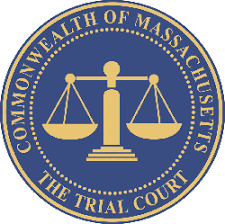A family drug court in rural Massachusetts that aims to address the intergenerational impact of the opioid crisis
The Franklin Family Drug Court in Frankin County, the first of its kind established in 2016 through the Massachusetts Executive Office of the Trial Court, secured a five-year grant in 2017 from the Substance Abuse and Mental Health Services Administration (SAMHSA) to implement MISSION-Hope, aimed at treating the entire family affected by substance use disorder (SUD).
Maintaining Independence and Sobriety through Systems Integration, Outreach, and Networking (MISSION)-Hope is modeled after an existing evidence-based model that has been used in the criminal justice system, MISSION-CJ. Typically, a family enters the program through an initial child welfare case.
The program provides evidenced-based treatment and comprehensive wraparound services for parents with an SUD as well as additional support for children and caregivers. Services employed with the aim of sustained, holistic recovery for the parents and strengthened well-bring for the family include:
- recovery coaching
- case management
- medications for opioid use disorder (MOUD)
- an intensive outpatient program (or higher level of care if needed)
- accountability through urine drug screens
- linkage to primary care providers and mental health professionals
- biweekly contact with the judge
- groups focused on life and parenting skills
Even though the program serves all those with SUD and co-occurring disorder, most participants have an opioid use disorder (OUD). The MISSION-Hope model has the potential to mitigate the intergenerational impact of opioids through addressing the social determinants of health and prevalent trauma histories of the families.
Has the potential to mitigate the intergenerational impact of opioids through addressing the social determinants of health and prevalent trauma histories of the families.









